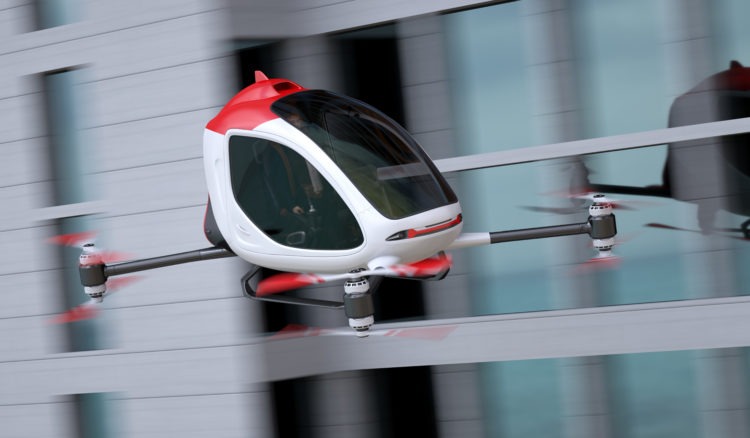Kenya Airways has announced an agreement with Brazilian aircraft maker Embraer to operate flying taxis in Nairobi, the country’s capital, in an effort to lead the market in this new mode of transportation.
The taxis are intended to reduce the time it takes to go from Jomo Kenyatta International Airport (JKIA) to the city center to six minutes.
Last Monday, the Brazilian company signed a Memorandum of Understanding with Kenya Airways, through the national carrier’s newly formed subsidiary Fahari Aviation, to develop Electric Vertical Aircraft (EVA) beginning in 2025.
Kenya Airways’ drone branch, Fahari, has already created an unmanned aerial vehicle school to train interested Kenyans.
EVAs have a range of 250 kilometers and can transport weight of 250 pounds at 400 kilometers per hour. The aircraft is totally self-contained because it is controlled by automatic systems such as radar, lidar, and 12 camera sensors and does not require any human pilot assistance.
However, EVA will begin as a manned aircraft, according to the business.
EVA is well-suited to serve as an urban air mobility aircraft, bringing all traditional aviation passengers closer to their end destination in a timely and comfortable manner.
The new alliance is also based on the necessity for zero-emission electric planes to be introduced into Kenya’s transportation sector.
The arrival of flying taxis, according to Andre Stein, CEO of Embraer’s Urban Air Mobility (UAM) Solutions segment, will provide an alternate means of transportation for passengers stressed for time.
According to him, the goal of this collaboration is to establish operational models for wide access to Urban Air Mobility to assist Fahari Aviation’s main markets.
The alliance would also lay the groundwork for “a foundation of principles and methods to safely grow EVA across the country in the future years.”
EVA will assist Fahari Aviation, Kenya Airways’ unmanned aircraft systems (UAS) subsidiary, in creating its UAM network and collaborating on the required Urban Air Traffic Management (UATM) processes and UAM operating environment. Fahari Aviation encourages safe and secures UAS deployment in the region.
“We are ecstatic to be partnering with Kenya Airways to enable new types of air mobility for both people and products throughout the region. Mr. Stein stated that the development of disruptive and broadly available Urban Air Mobility solutions will assist to democratize mobility by making it more accessible, inexpensive, and providing communities more options.
According to him, the collaboration will promote long-term mobility policies across the country and region.
“With the support of our aircraft and aerospace services, as well as Kenya Airways’ creative approach to air mobility, we are excited to provide more sustainable and community-friendly air access for people in this region,” he said.
Kenya Airways CEO Allan Kilavuka stated that Fahari Aviation is at the forefront of studying modern technologies, with a particular focus on aviation, beginning with drones.
“We hope to develop novel air mobility solutions for our clients in Kenya and around the region as a result of our partnership,” Mr. Kilavuka added.
This collaboration will also allow Fahari Aviation to assist Eva in the development of new aircraft and products, which will aid in the integration of UAM into Kenya Airways’ entire operations.
Read more on Tech Gist Africa:
Sendy Unveils Kenya’s First Electric Delivery Vehicles














